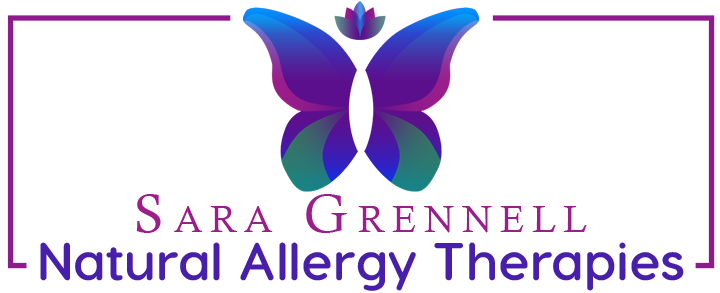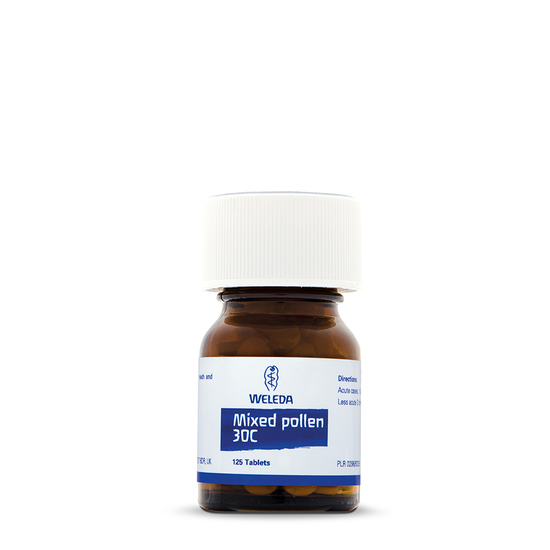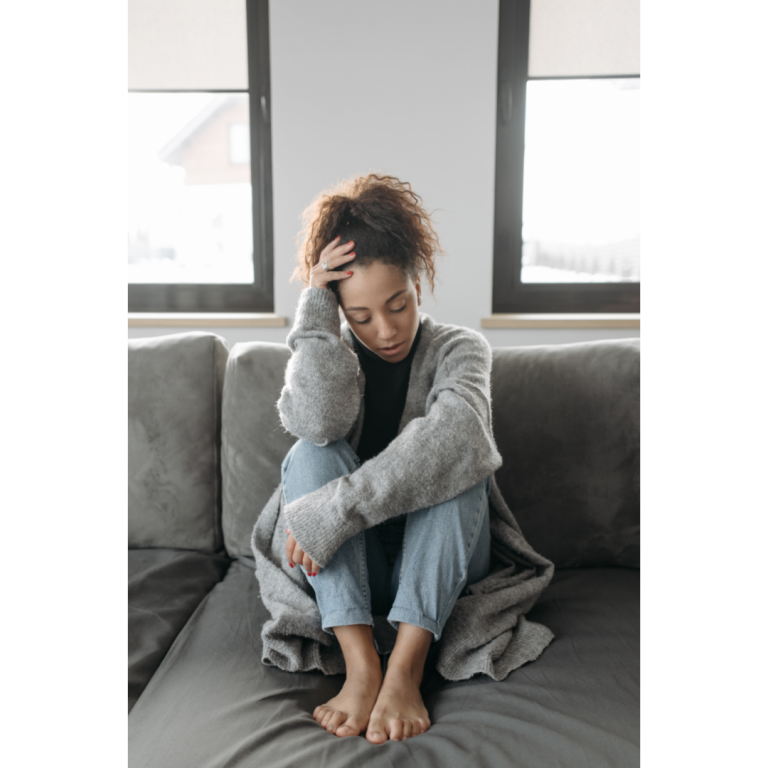It’s a sad fact of life that more people than ever are are now more likely to suffer from an allergy and for many it’s a permanent or recurring health issue. The aim of this article is to explain what causes allergy, how to look for your own triggers and how to make small alterations in your lifestyle which could reduce or eliminate allergies.

Allergic reactions are triggered when the body’s immune system reacts to an antigen. The body produces antibodies to lock on to the antigen, destroying and eliminating it. During the chemical reaction that follows, histamine is released and it is this that causes an allergic reaction. It’s actually an important natural reaction to protect the body against invaders but, when it goes into overdrive, it generates symptoms which can be hard to live with, or even dangerous.
Different people have different experiences
Allergies can start at the first contact with a new substance, or they can develop after increased or prolonged exposure. The symptoms can be varied too, from itchy eyes and a runny nose to chest pains, constricted breathing, fainting or vomiting. An allergy could also be behind another condition, such as eczema, migraine, or digestive disorders.
The holistic view of an allergy focuses on the energy system, where a disturbance in the normal flow is caused by exposure to a particular substance.
With an actual allergy, even a tiny amount of the substance interrupts energy flow, whereas with intolerance, the energy system copes until the person has been exposed too much. A holistic therapy may help the body recognise the substance and re-tunes the energy flow.
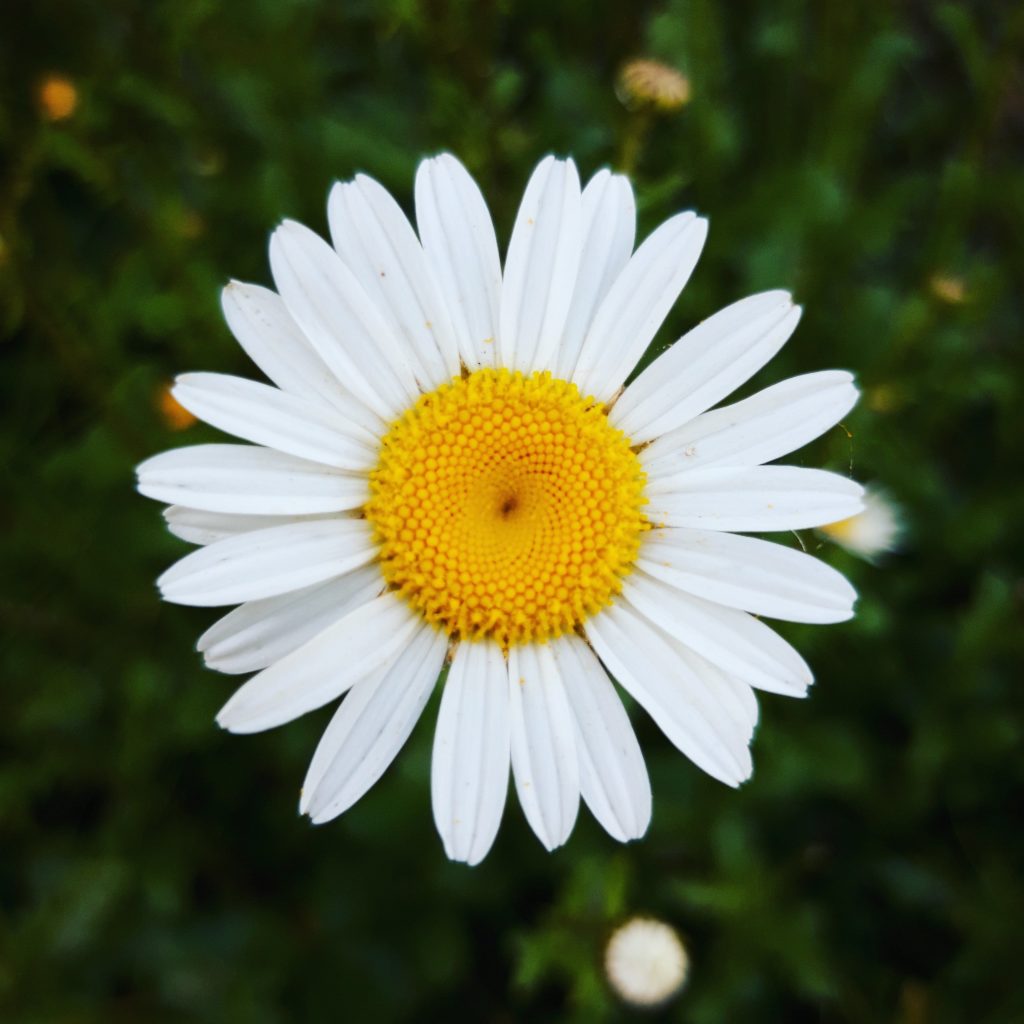
Allergies are on the increase, and the holistic view helps to explain why
Holistically, an allergy is considered to be a response to overload – and in the last 50 years there have been plenty of new loads added in our lives. Antibiotics and other drugs are used more widely, food is more highly processed, there’s more pollution in the air – even within the home – and there is more stress in our lives. Even our obsession with cleanliness could be having an impact – a clean home reduces exposure to the germs which actually promote a healthy immune system and the products we use at home add chemicals to our environment instead. Overloading our bodies with all these environmental stresses can make them less able to cope and more likely to react.
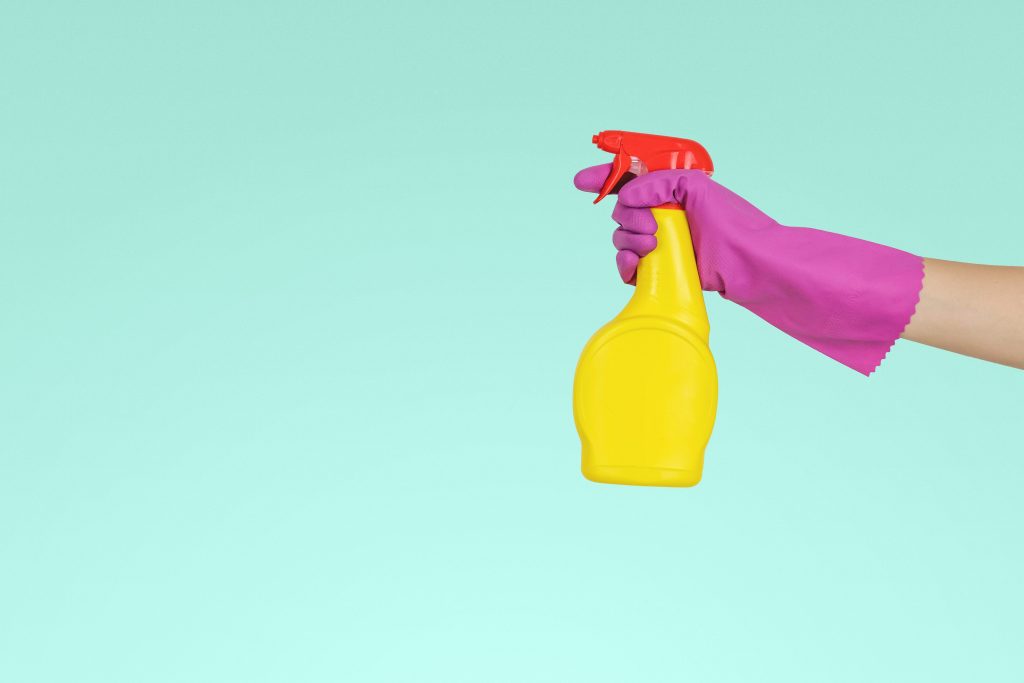
To tackle your allergy, it is suggested that you first pay attention to your daily life.
For example, if your symptoms are worse at a particular time of the year, the allergy could be coming from pollens, moulds, heating fumes or airborne toxins like pesticides. If you notice symptoms during or after heavy rain or thunder, that could suggest mould spores – which increase after rain – while thunderstorms tend to concentrate pollen particles. Symptoms worsening with exercise suggest Lycra and chlorine, or to something which you take in with rapid, heavy breathing (outdoor running when pollen is in the air, for example).
Pay attention, too, to the time of day when your allergy emerges.
An early morning reaction could point to house dust mites or bedding, even the detergents in your clothes and linen. If your symptoms are worse after lunch, something that you are eating is indicated and symptoms which get worse through the day indicate something that you are being exposed to day-long – whether in the household, (possibly cat or dog hair, heating fumes), or in the workplace – factory, office or salon.

A classic question to ask is whether your symptoms are better on holiday?
If the answer is yes, then this could mean that you are away from the allergen, or that lower stress levels make your body better able to cope. Conversely, symptoms that get worse on holiday or during festivities should make you consider celebration food and drink or decorations that have been stored with dust or mould. A different environment on holiday will also carry different airborne particles, water and cleaning materials, which could be better or worse.
To help manage allergies and to possibly prevent any future allergy building up, you can make some changes in your lifestyle.
Eat a varied diet, chew properly and cut out refined carbohydrates, sugar, and anti-nutrients, such as tea, coffee and alcohol. Try to manage your stress levels effectively, using relaxation, yoga, meditation and aromatherapy massage. Exercise regularly and moderately and make sure you get the right amount of good quality sleep. Most importantly, get your work-life balance right, making time for fun and laughter, family and friends. If you are dealing with a traumatic or emotional event, make sure you talk to someone – whether it’s a supportive friend or counsellor.
At Natural Allergy Therapies, a range of homeopathic and natural remedies are available to help address imbalances and to support the body as it encounters allergens.
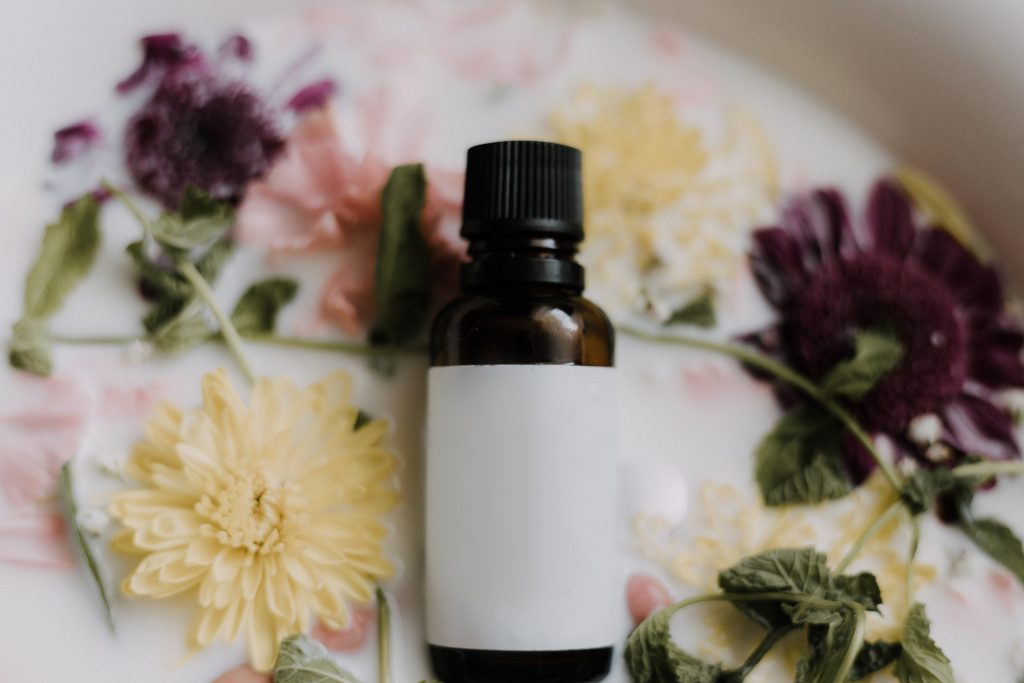
Disclaimer
I am not a Doctor and do not offer medical advice. The information on this website is not intended or implied to be a substitute for professional medical advice, diagnosis or treatment. I make no claims, promises or guarantees as to the outcome of any service that is offered on this website. I do not diagnose or treat specific health challenges. You are responsible for your own health, medical treatment and care. Always contact your Doctor if you feel unwell. Any recommendations of supplements are a recommendation only; it is your responsibility to check with your Doctor the suitability of any supplements for you.
